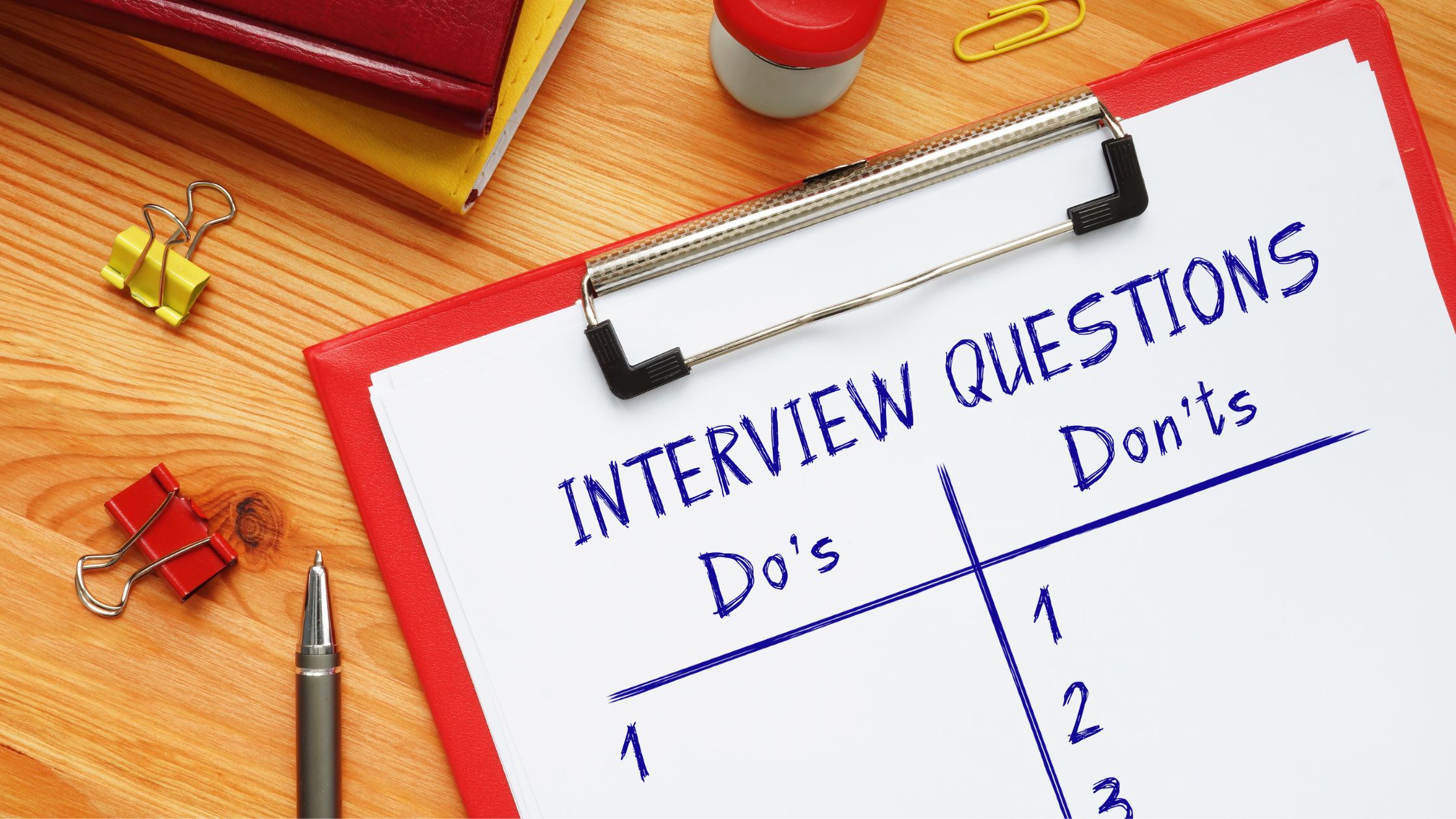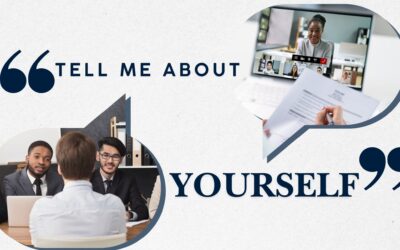Interviewing…
The Bad, Ugly and Good
Congratulations on securing an interview! That means your resume, networking and online job search efforts are paying off! An interview is a two-way street. They are checking you out, but you are checking them out too. Superior candidates have been skipped because they didn’t ask good questions (or any questions) in the interview. Use these questions to distinguish yourself from the crowd.
BAD
Asking questions about time off, pay, speed of promotions, benefits or anything else under the broad umbrella of “what can you do for me, employer?” should all be off limits. Get to know them first. Allow courtship to happen. Let them get to know you. These are details that can wait until you are closer to the point of offer/hire.
UGLY
There are also a few questions you can ask if your goal is to be sure you are not considered. Some of those red flags include:
- So, what does this organization do, anyway?
- How frequently do you drug test?
- How lenient are you with attendance?
- Is the boss single?
We offer these in jest (mostly) so be sure your questions are focused around the actual job.
GOOD
A prepared candidate shows up 10 minutes early for the interview armed with a list of questions – likely more than time will allow – to learn more about success in the role, in the organization and to learn things not otherwise available in advance. This prepared candidate listens to the answers, is not worried about the pause in conversation necessary for good notes and crosses off questions that they answer before you ask them.
1. Based on what you have seen of me, what obstacles do you think I would need to overcome to deliver great success in this role?
WHY: This allows you to see what objections they see to hiring you. It also communicates your focus on delivering success, not just landing the job.
NOTE: You have to have been in the interview for a while and have answered several of their questions. If they tell you the obstacles, you learn about yourself. You also have a chance to defend yourself. If you walk out without knowing this, chances are you won’t get another chance and may make the same “mistakes”.
2. This is my one-year review and you are excited because I’ve done a great job and you are the one who hired me. What specific things have I done to create that situation?
WHY: Again, this question is focused on success and it paints a picture for the hiring manager. They are envisioning (a) hiring you and (b) great success for both of you. They are giving you some specific things that they look for to define success.
NOTE: Please change the format to any of these questions so that it fits you and the situation. If they don’t have a good answer to this question, however you ask it, success may be hard to define and therefore reach.
3. Based on the overall direction of the company, what do you anticipate will be the company’s greatest accomplishment in 18, 24, or 36 months?
WHY: If you ask about strategy, most people don’t understand that enough to be conversant and the interview is likely focused on your accomplishments and results, so it’s wise to ask about the overall objectives and positive outcomes the company hopes to achieve. Reminding them that you are focused on results and success is good, but also joining an organization that knows where it is headed (beyond survival) helps you make a better decision when choosing your next employer.
4. Why is this job open?
WHY: You have to find out about the culture of the company and the nature of this specific role. Perhaps it reveals an atmosphere of high turnover, opportunities for advancement or maybe big shoes to fill.
NOTE: If they tell you the last three people in this role have all died from heart attacks over the past 18 months, consider yourself warned about the stress. If they have had seven people in this role over the last five years and none have been able to do the job well, that should generate some additional questions for you to ask about the high turnover. One question may lead to the next. Listen carefully and pay attention.
5. Tell me a little about why YOU like working here?
WHY: It’s personal. It is opinion based. Everyone likes to talk about themselves and give their opinion/advice.
NOTE: If they have a less-than-convincing answer that sounds canned, it might be. Pay attention and listen. Pause and take notes. Ask follow-up questions if needed and don’t settle for a less than complete answer.
6. Assuming all of this works out and you hire me, what will I find most surprising about this organization that first week on the job?
WHY: Again, you are painting a picture of them hiring you AND putting your focus on actually doing the job. Recognizing that you will be surprised by something shows you are thoughtful and realistic.
7. Can you give me an example of someone who was hired in the last two years in a similar role who has already advanced in their career from that initial point of entry? Specifically, can you explain what they did to make that happen?
WHY: Sometimes, employers promise advancement opportunities or on some level, use that as a selling point for the job/employer. Broaden this approach to ask for specific examples of anything that piques your interest (advancement, bonus income, training, creative assignments, ability to hire teams, etc.) or makes you more attracted to the job.
NOTE: Like all questions, ask judiciously and listen carefully to the responses to evaluate if in fact you believe what they are saying.
7½. What are the potential paths for advancement from this role within the organization?
WHY: It’s good to show you want to increase your contribution to the employer. It also shows you expect to deliver great success.
NOTE: Be careful asking about this (that’s why this is a ½ question). You don’t want to be perceived as gunning for the job of the person interviewing you. You also don’t want them to be concerned that you are so upwardly mobile you won’t focus long enough to do a good job in this role or you will take any other job that comes along.
Two final thoughts:
FIRST roleplay the interview. Anticipate questions they will ask and practice asking your questions. Assume they will answer one or more of these before you get to ask it.
ALSO, be sure you have someone who will encourage you before the interview that you have coached to “speak some truth” to you and remind you of all the good things you bring to this specific employer. You must project confidence.



